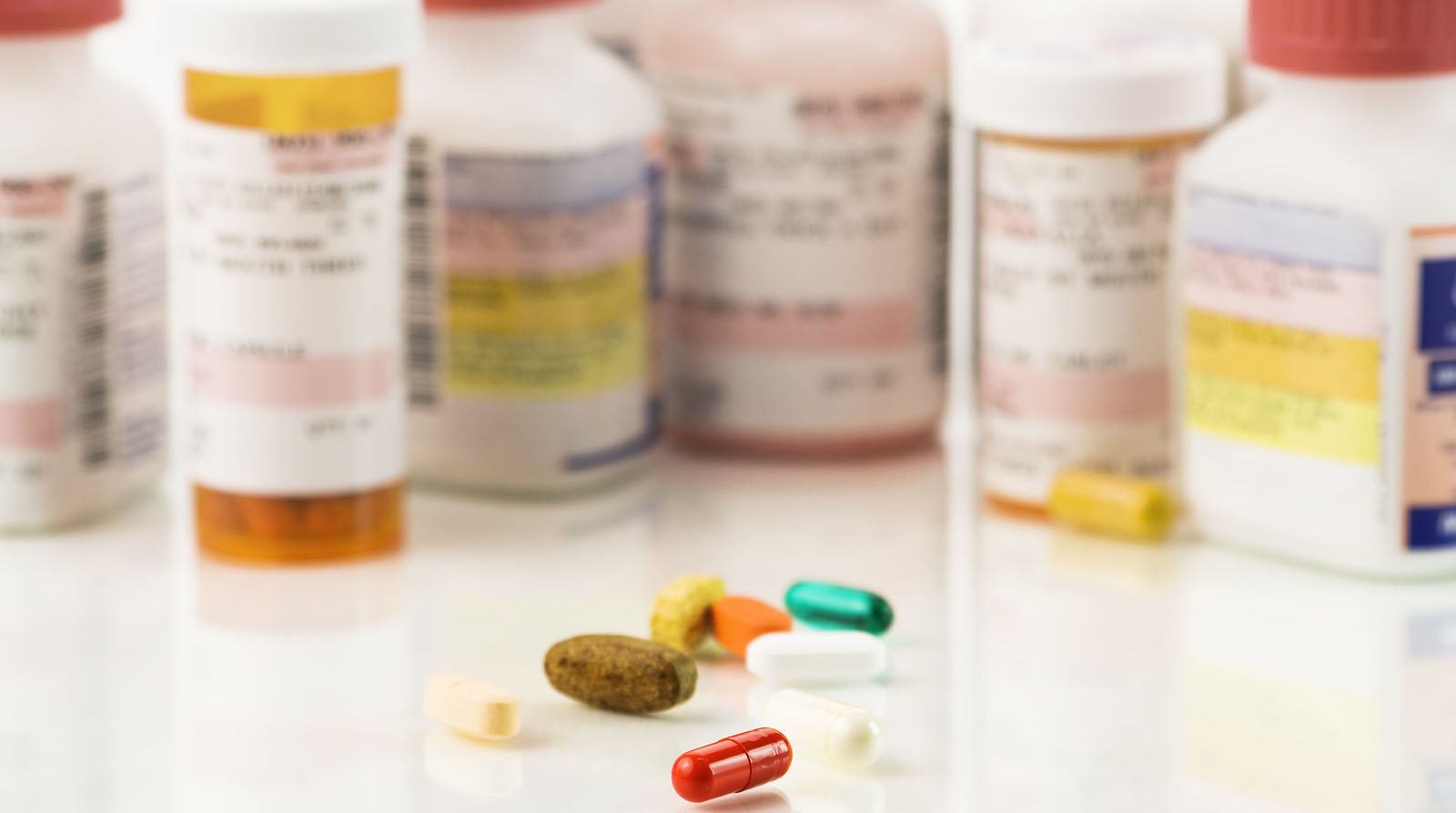Physicians and other health care providers who received “gifts” from pharmaceutical companies were much more likely to prescribe a higher number of drugs per patient, including more costly prescriptions for branded medicines, compared to prescriptions written by medical providers who did not accept gifts, according to research published in PLOS ONE.
Gifts of any size had an effect on prescribing, and larger gifts elicited a larger impact, according to study findings. These gifts varied in value from as little as $7 a year (i.e. a dozen doughnuts), to as much as $200,000 in cash, say researchers from Georgetown University Medical Center (GUMC) and George Washington University’s Milken Institute School of Public Health (Milken Institute SPH). Their study was funded by the District of Columbia Department of Health.
The deep dive into pharmaceutical gift spending and Medicare Part D prescriber reports filed for 2013 for the Washington, D.C., area found that almost 40 percent of these providers accepted $3.9 million worth of money, meals, trips, and other gifts. (Medicare Part D is a federal prescription drug program that covers patients over age 65 or who are disabled.)
“Our finding that gifts from pharmaceutical companies result in more prescriptions per patient is particularly concerning, because the more medications a patient takes, the higher the risk of adverse effects,” says study co-author Susan F. Wood, PhD, professor in the department of health policy and management and director of the Jacobs Institute of Women's Health at Milken Institute SPH.
There are no national laws that prohibit the acceptance of gifts or payments from industry by health care providers, but that should be changed in order to protect patient health, says study co-author Adriane Fugh-Berman MD, professor in the department of pharmacology and physiology at GUMC.
“Every slice of pizza given to a physician compromises patient health,” adds Fugh-Berman, director of PharmedOut, a GUMC project that encourages rational prescribing. “Industry gifts influence prescribing behavior, cost taxpayers money and should be banned,” she says.
Fugh-Berman and Wood are the study’s co-senior authors.
The study, “Influence of pharmaceutical marketing on Medicare prescriptions in the District of Columbia,” appears online in the October 25, 2017 PLOS ONE.


